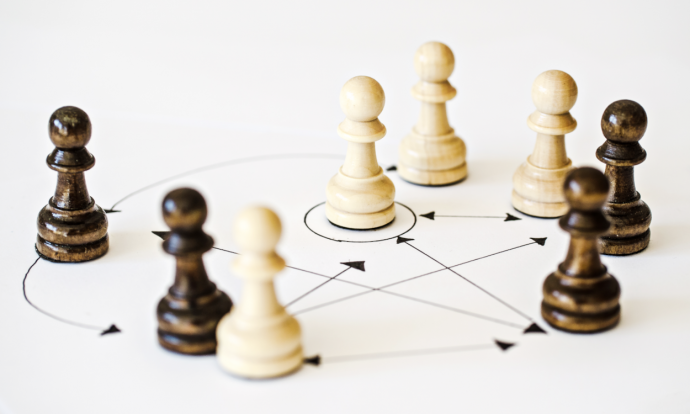Introduction to experimental economics: building tomorrow's world
04 Aug, 2024

Experimental economics is a branch of economics that uses experimental methods to study economic questions. By manipulating variables in controlled environments, it tests the validity of economic theories and enhances our understanding of market mechanisms. This approach provides practical insights into how individuals make decisions and interact in various economic scenarios.
Contribution to a Better Future
Experimental economics can play a crucial role in building a future where well-being is maximized and suffering is minimized. Here are some ways it can contribute:
-
Understanding Social Behaviors and Preferences: Experiments reveal how individuals value altruism, fairness, and cooperation. For instance, economic games like the dictator game or ultimatum game show that people often sacrifice their gains to promote fairness.
-
Designing Effective Economic Policies: By testing different policies in laboratories, researchers can identify the most effective ones for achieving specific goals, such as poverty reduction or public health improvement. For example, experiments on universal basic income (UBI) have shown that this policy can reduce poverty, improve mental health, and encourage education.
-
Optimizing Markets and Institutions: Market experiments help design better market mechanisms, ensuring a more equitable and efficient allocation of resources. For instance, experimental auctions have led to improvements in the design of electricity and carbon emission markets.
-
Reducing Risks and Uncertainties: Experimental simulations test complex economic scenarios and predict the consequences of economic shocks or crises. This helps policymakers better prepare and respond appropriately.
Concrete Examples
-
Universal Basic Income (UBI): Various experiments worldwide, such as in Finland and Kenya, have tested UBI's impact on society. Results show that UBI can reduce financial stress, improve mental health, and encourage entrepreneurship, with negligible effects on the willingness to work.
-
Energy Market Design: Experiments have led to more efficient pricing systems for electricity markets, allowing better integration of renewable energies and reducing costs for consumers.
-
Poverty Reduction: Experiments on conditional and unconditional cash transfers have provided insights into the most effective ways to help families escape poverty.
Conclusion
By being open to diverse solutions and rigorously testing hypotheses, experimental economics offers powerful tools to improve well-being and reduce suffering. Integrating these results into public policy and market mechanisms can help build a more just and prosperous world for all.
